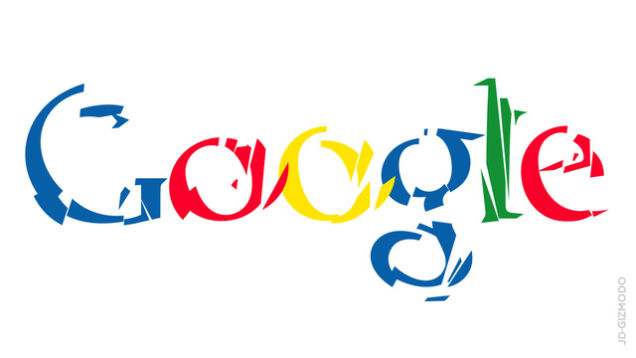We trust Google not to be evil, but new evidence published by prominent psychologist Robert Epstein suggests that if it wanted to, Google could undermine democracy — simply by tweaking its search algorithm.
In an article on Politico Epstein describes the findings, published today in the Proceedings of the National Academy of Sciences. Along with his colleague Ronald Robertson, Epstein created a fake search engine called Kadoodle (Kadoodle!) and used it to test how different search results might affect a person’s decision to vote for one candidate or another:
In our basic experiment, participants were randomly assigned to one of three groups in which search rankings favoured either Candidate A, Candidate B or neither candidate. Participants were given brief descriptions of each candidate and then asked how much they liked and trusted each candidate and whom they would vote for. Then they were allowed up to 15 minutes to conduct online research on the candidates using a Google-like search engine we created called Kadoodle.
According to Epstein, the candidate who was favoured by the search rankings rated better on likeability, trust, and ultimately on voting preference. Epstein and Robertson call this the Search Engine Manipulation Effect (SEME).
The new work is a followup to a controversial study conducted by Epstein and Robertson last year concerning SEME. In that case, instead of using hypothetical candidates, the researchers tested for SEME using real candidates and real voters. Search rankings were found to sway undecided voters by 15 per cent or more.
Now, Epstein uses strong language in describing these findings.”Given how powerful this effect is, it’s possible that Google decided the winner of the Indian election,” he writes. On the surface, you might say this is true. Google search results have to show up one way or another, and just like all media we consume, the way they show up is going to influence the way people think. Epstein goes on to recount a series of ways in which Google might alter its algorithm to deliberately sway an election.
This is not the same as saying Google is actively and/or nefariously affecting the way people vote, as the Guardian noted at the time of the Indian election study. The company quite rightly responds that it’s simply trying to provide people with the answers they’re looking for.
But is it really that far-fetched of an idea? Google has its political positions on a number of issues, not to mention a huge economic interest in the outcomes of elections. If it really remained completely neutral and didn’t use its product to try to influence politics, it’d be the first media company to remain so stoically unbiased.
